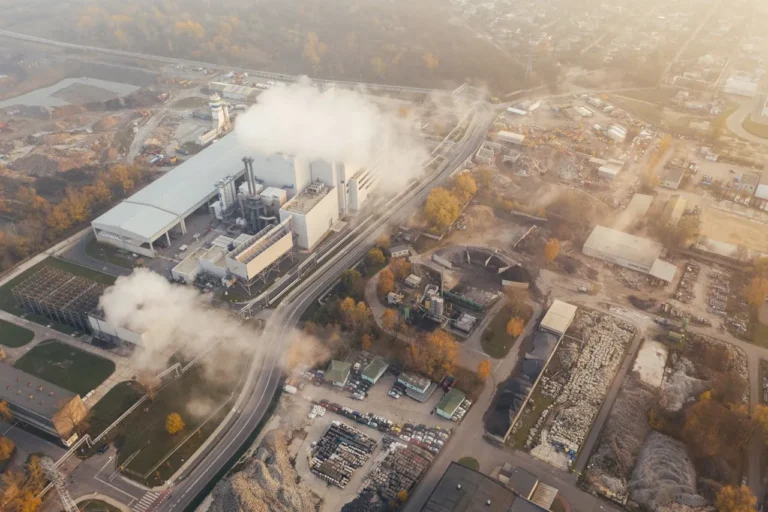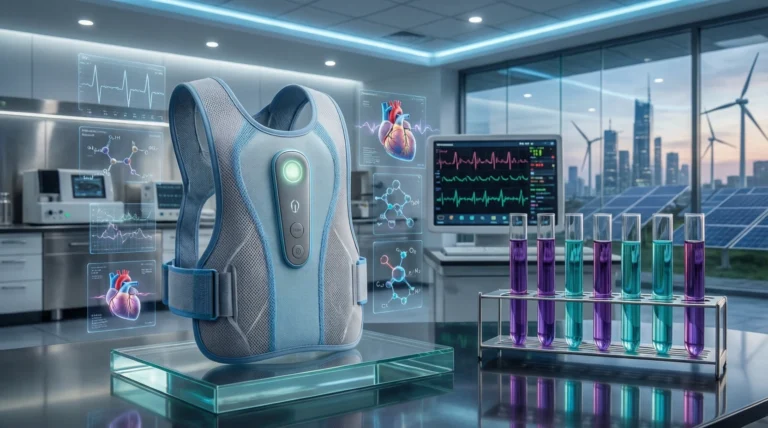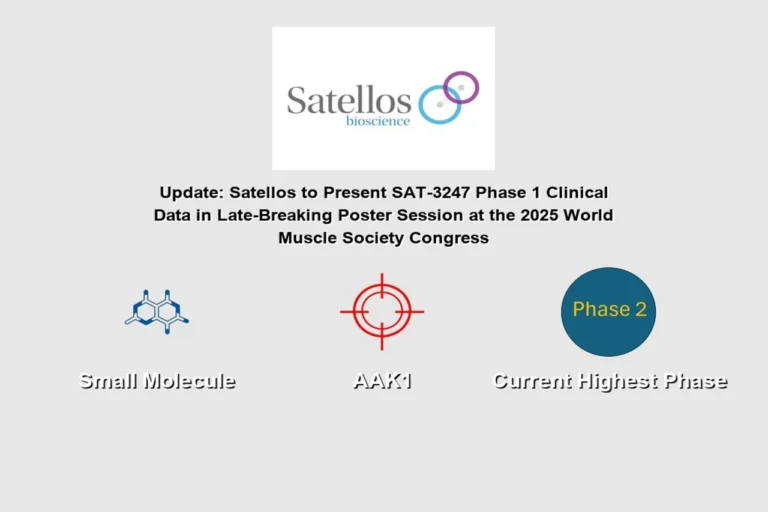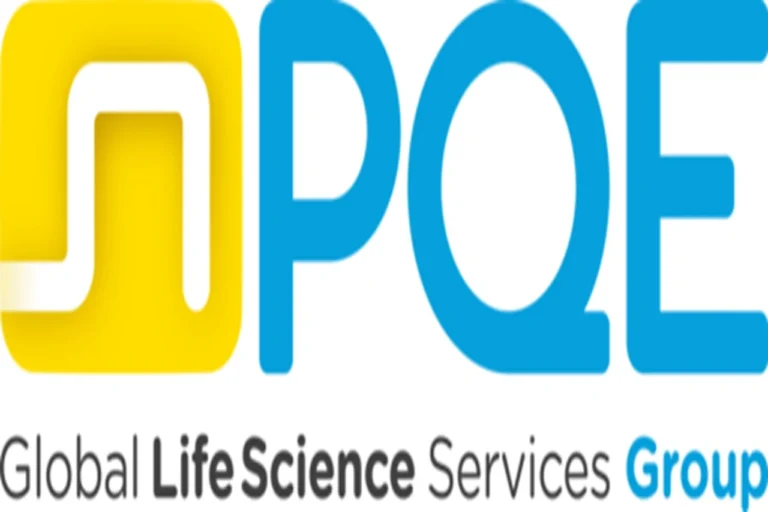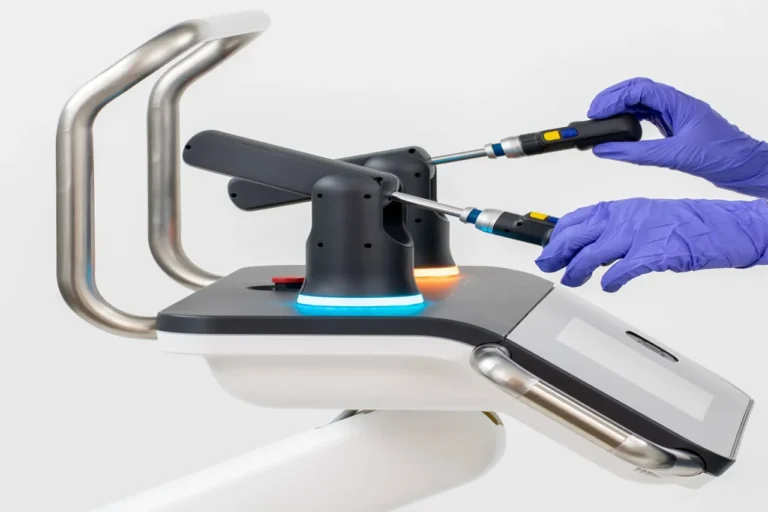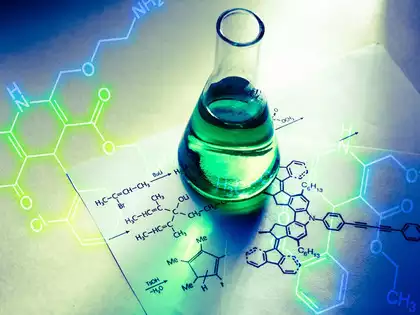
AI Drives Revolutionizes U.S. Chemical Industry, Driving Efficiency, Innovation, and Sustainability
The U.S. chemical industry is undergoing a significant transformation as companies increasingly embrace artificial intelligence (AI), including generative AI (GenAI), to streamline operations, foster innovation, and enhance sustainability. According to a newly published research report by Information Services Group (ISG), a global AI-centered technology research and advisory firm, AI Drives is playing a crucial role in making chemical production leaner and more competitive in an evolving global market.
Challenges in the Chemical Industry and the Role of AI
The 2025 ISG Provider Lens™ Agribusiness and Chemicals Services and Solutions report highlights that the U.S. chemical industry has been experiencing significant volatility since the COVID-19 pandemic. Initially, production and revenue plummeted due to sudden declines in demand. However, the industry saw a rebound as markets reopened and demand surged. More recently, companies have been facing challenges again as end markets reduce inventory levels, necessitating a shift towards greater operational efficiency and cost-cutting strategies.
To navigate these challenges, chemical manufacturers are turning to AI Drives-powered technologies that allow them to remain competitive in an increasingly complex landscape. AI-driven automation, predictive analytics, and cloud-based solutions are helping companies optimize production, reduce costs, and improve decision-making processes.
Optimizing Production with GenAI and Advanced Analytics
A growing number of chemical companies are leveraging GenAI-based tools to enhance production efficiency. The implementation of advanced analytics, Internet of Things (IoT) sensors, and predictive maintenance techniques has enabled manufacturers to reduce equipment downtime, optimize resource utilization, and improve production workflows.
According to the ISG report, chemical companies utilizing these technologies have achieved up to a 10% increase in efficiency. AI-driven predictive maintenance reduces unexpected machinery failures by analyzing real-time data and identifying potential issues before they lead to costly disruptions. Additionally, digital twins—virtual replicas of physical systems—are being used to simulate production processes and identify opportunities for optimization without impacting actual operations.
AI-Powered Research and Development (R&D) Accelerates Innovation
AI Drives is playing a transformative role in research and development (R&D) by expediting the discovery of new materials and formulations. Traditionally, material discovery required extensive trial-and-error experimentation, which could be both time-consuming and costly. However, GenAI and computational materials science are revolutionizing this process by enabling rapid simulations and predictions of material properties.
The adoption of AI Drives in chemical R&D allows scientists to model molecular structures, predict chemical reactions, and identify optimal formulations with unprecedented accuracy. By leveraging machine learning algorithms, chemical companies can significantly reduce the time needed to develop new products while also enhancing their performance and sustainability.
AI in Supply Chain Optimization and Demand Forecasting
Beyond production and R&D, AI Drives is also transforming supply chain management within the chemical industry. Chemical manufacturers are integrating AI, IoT, and augmented reality/virtual reality (AR/VR) technologies to improve demand forecasting, inventory management, and logistics operations.
Integrated demand sensing, enabled by AI-powered analytics, allows companies to forecast product demand at specific production sites and times. This real-time capability helps manufacturers optimize inventory levels, minimize excess stock, and avoid supply chain disruptions. Additionally, AI-enhanced logistics solutions enable dynamic route optimization, reducing transportation costs and improving delivery timelines.
Enhancing Sustainability with AI-Driven Solutions
As one of the largest consumers of energy in industrial manufacturing, the chemical industry faces increasing pressure to reduce its environmental footprint. AI-driven sustainability initiatives are helping companies track, manage, and mitigate their impact on the environment.
Chemical manufacturers are investing in end-to-end sustainability services that utilize AI Drives to monitor and report emissions, energy consumption, and waste generation across all stages of production and distribution. These services facilitate compliance with stringent environmental regulations while also supporting the adoption of circular economy principles such as advanced recycling and waste reduction strategies.
According to ISG, leading service providers are equipping chemical companies with the expertise and AI-driven solutions needed to balance sustainability objectives with operational efficiency.
Mergers, Acquisitions, and Regulatory Challenges
In addition to AI Drives adoption, the ISG report highlights other key trends shaping the U.S. chemical industry, including an increase in mergers and acquisitions (M&A). Companies are consolidating to achieve economies of scale, access new markets, and strengthen their technological capabilities. AI-powered analytics are playing a crucial role in these strategic decisions by providing insights into potential synergies and risk assessments.
Furthermore, regulatory changes, such as the introduction of new North American tariffs on fertilizers and other chemical products, are adding complexity to the industry. AI-driven compliance tools are assisting companies in navigating evolving regulatory landscapes by automating reporting processes and ensuring adherence to environmental and safety standards.
Leading AI Service Providers in the Chemical Industry
The ISG report evaluates 22 AI Drives and technology service providers supporting the U.S. chemical industry. These providers are categorized into three quadrants based on their capabilities:
- Digital IT/OT — Chemicals
- Supply Chain and Logistics — Chemicals
- Sustainability and Innovation — Chemicals
Several global firms have emerged as leaders across all three categories, including Accenture, Capgemini, Deloitte, HCLTech, IBM, Infosys, PwC, TCS, Tech Mahindra, and Wipro. Additionally, EY has been recognized as a leader in one quadrant. The report also identifies Genpact, Hitachi Digital Services, and Kyndryl as Rising Stars, indicating their promising potential for future growth in the industry.
AI as a Game Changer in the Chemical Sector
The rapid adoption of AI Drives within the U.S. chemical industry marks the beginning of a transformative era. As companies continue to integrate AI-driven solutions into their operations, they will unlock new levels of efficiency, innovation, and sustainability.
The next few years will likely see even greater advancements in AI Drives applications, particularly in areas such as autonomous chemical process control, real-time environmental impact monitoring, and AI-powered materials discovery. By embracing these technologies, chemical manufacturers can position themselves at the forefront of the global industry while meeting the demands of an increasingly sustainability-conscious market.
In conclusion, the findings from ISG’s 2025 Provider Lens™ report underscore AI’s growing influence on the chemical industry. Companies that proactively leverage AI-driven technologies will be well-equipped to navigate industry challenges, drive innovation, and create long-term value in an ever-changing market landscape.


